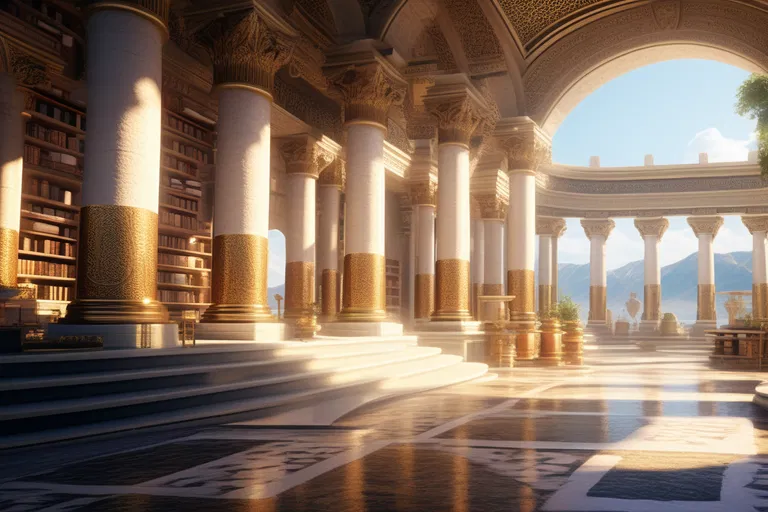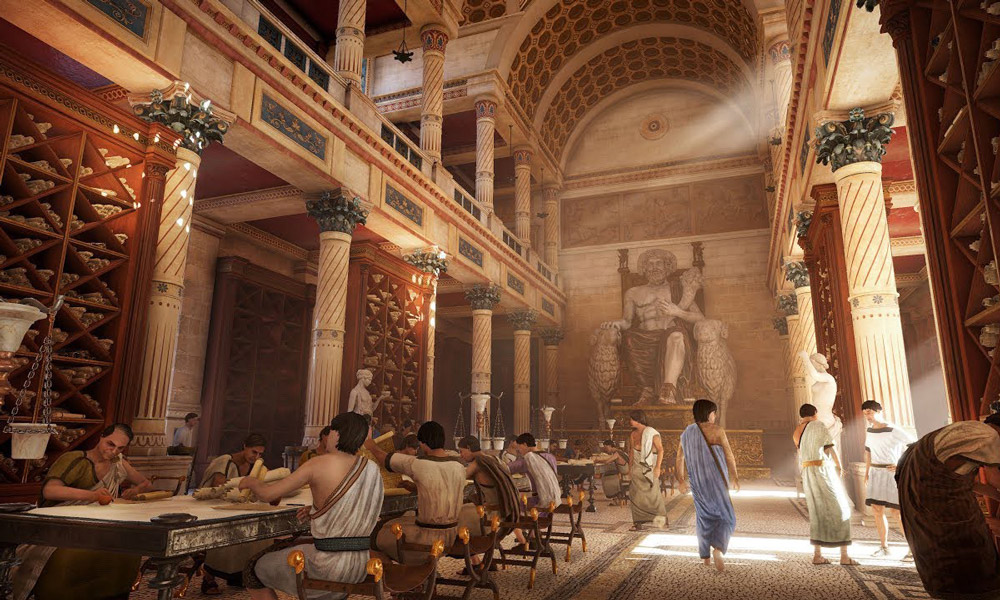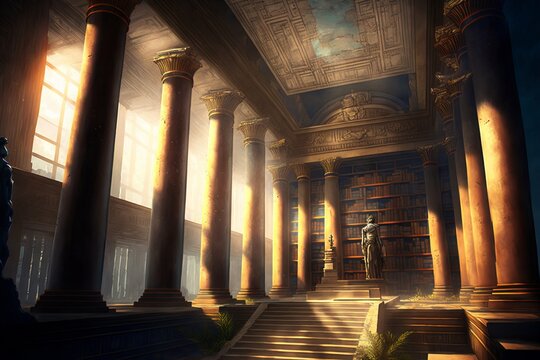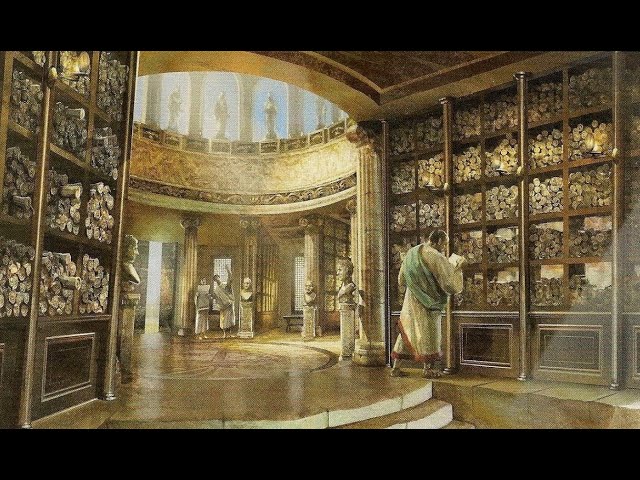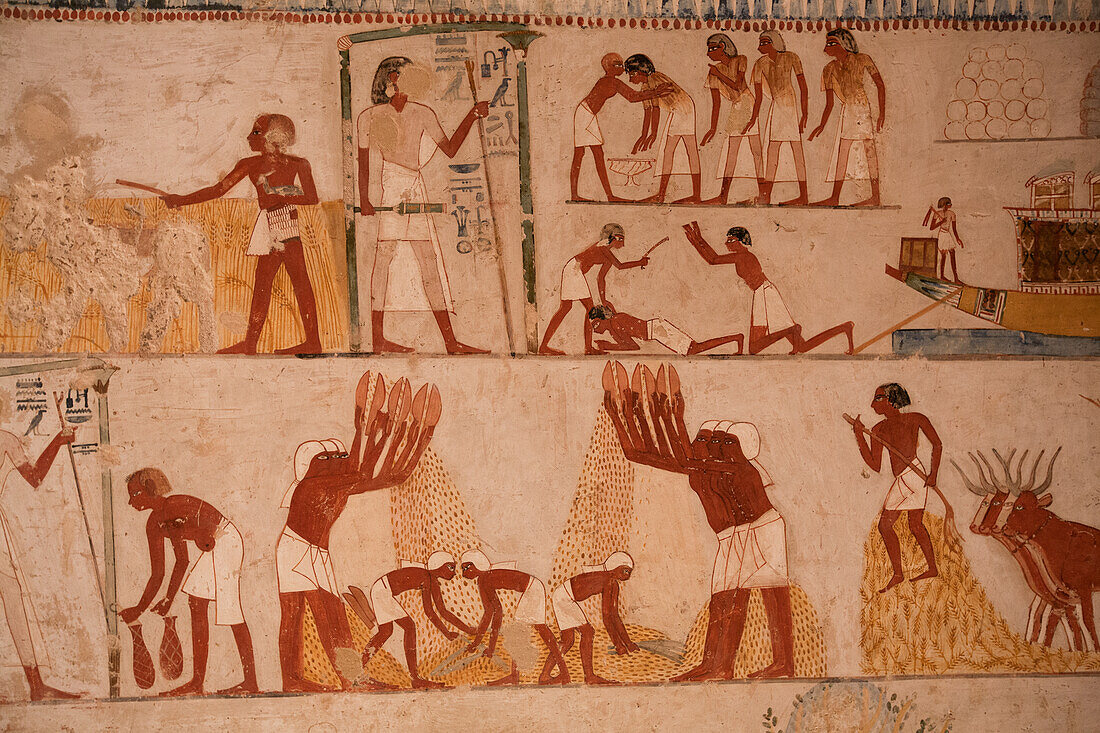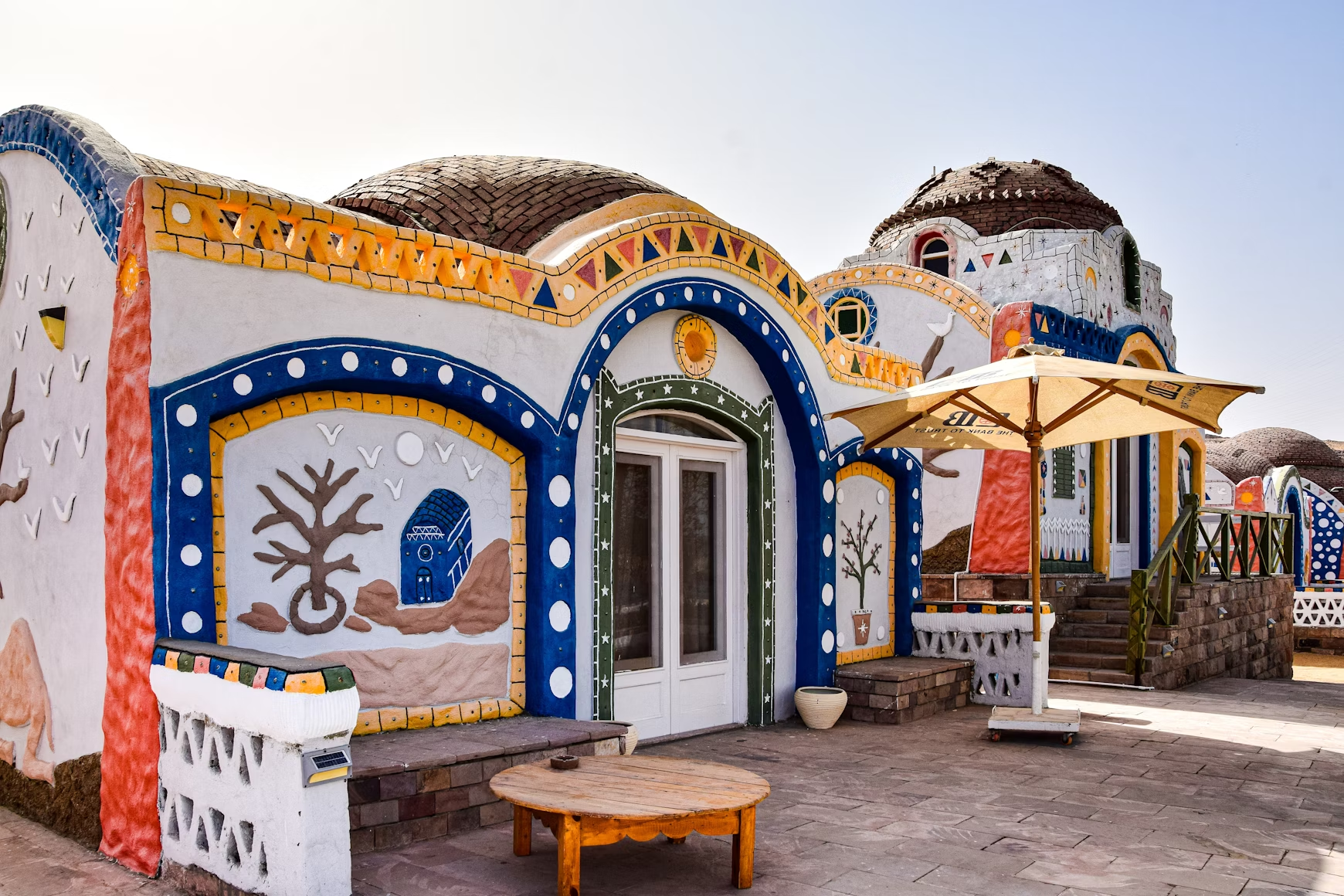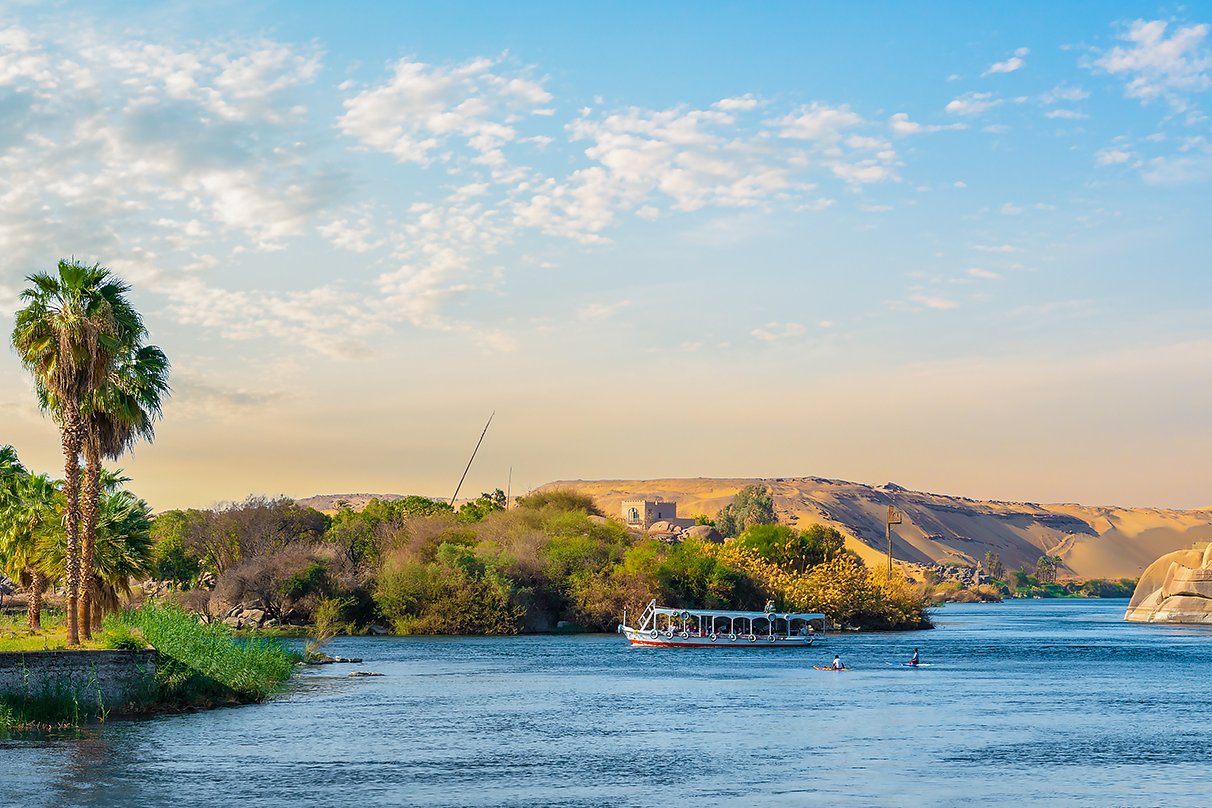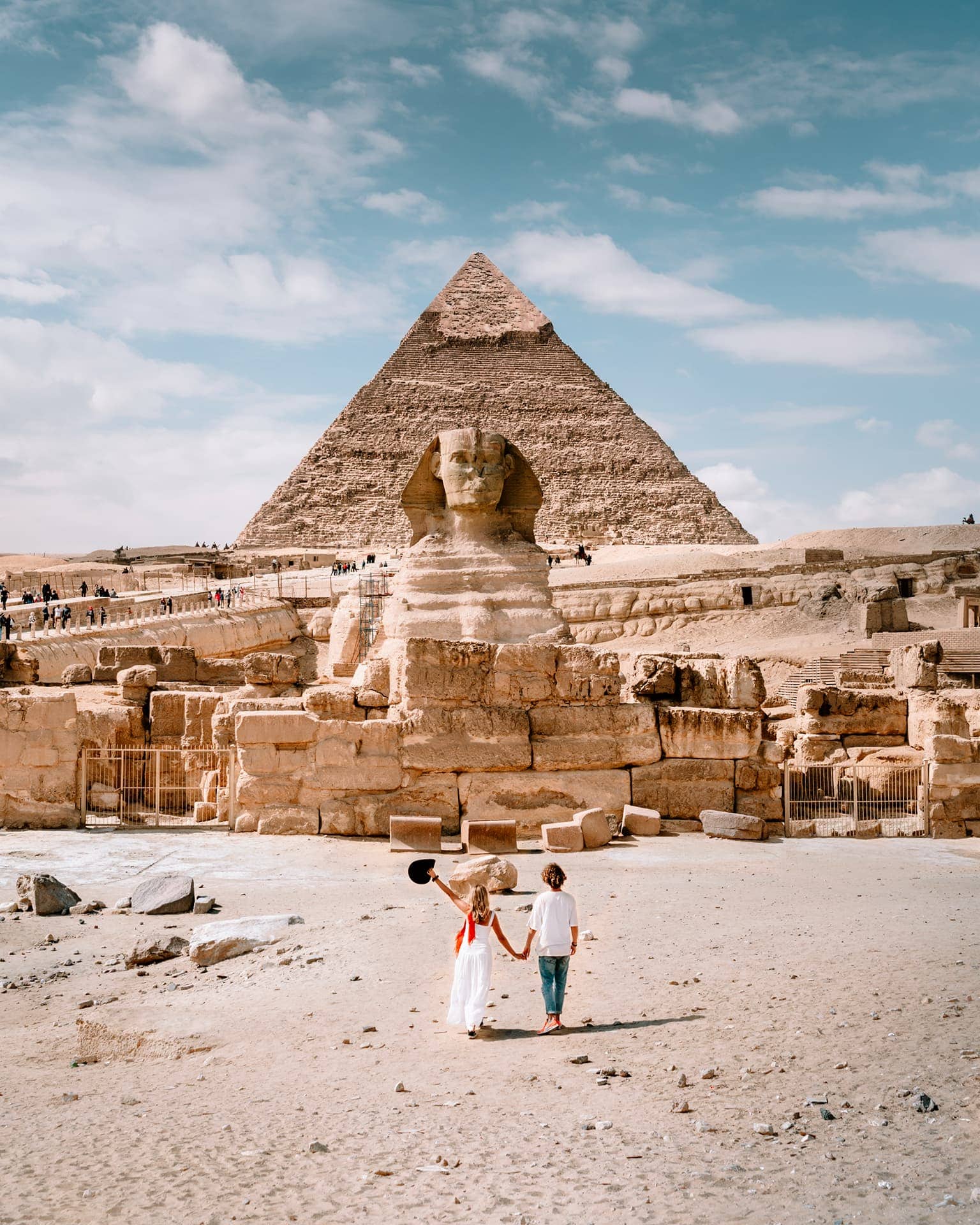seum of Alexandria
The Great Library of Alexandria, often referred to simply as the Library of Alexandria, was one of the most famous libraries of the ancient world.
1.Here are some of the most important aspects of this successfully completed venture:
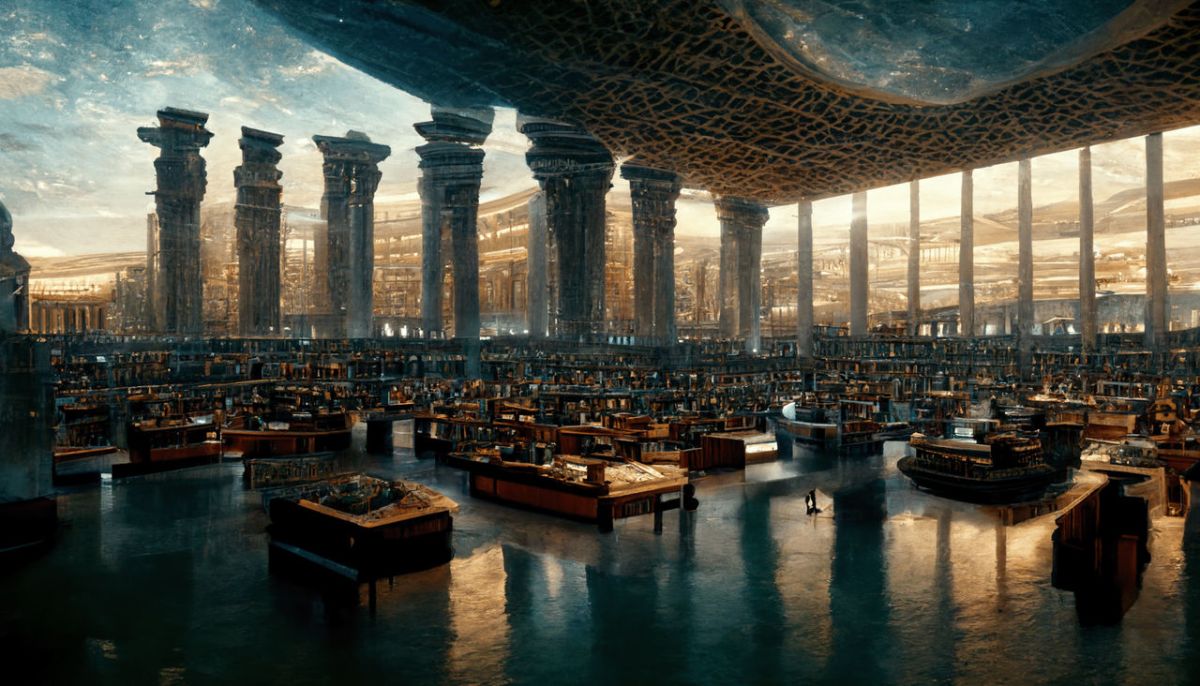
2.History and aims:

The library was a segment of a large research complex called the Mouseion (or Museum), which worshipped the Muses, the nine goddesses of various arts. It was established in the honor of Alexander the Great, who ruled over a collection of several records starting in 334 BCE. The vision of establishing an all-absorbing library in the city of Alexandria might have been offered to King Ptolemy I Soter by an Athenian, Demetrius of Phalerum, who had been exiled to the city of Alexandria. However, the construction of the library itself was perhaps not commenced until the reign of Ptolemy went in favour of the son named Ptolemy II Philadelphus.
3.Dimensions and Importance:

In a short period of time, the Library gained a considerable number of papyrus rolls which, especially, the aggressive and well-tailored strategies employed by the Ptolemaic kings to acquire texts account for. At any point in time, it is difficult to ascertain the actual number of scrolls that were contained within but estimates put the figure at between 40000 and 400000 at its peak. Alexandria became the center of knowledge and learning in the world in part thanks to the Great Library.
4.Scholars and Contributions:
5.A number of prominent scholars were employed within the Library during third and even second centuries B.C.E.:
6.Zenodotus of Ephesus: A specialist who tried to make all work of Homer uniform. Callimachus:

A creator of the Pinakes, considered to be the first library catalogue ever made. Apollonius of Rhodes: writer of an epic poem entitled Argonautica.
7.Eratosthenes of Cyrene:
8.Measured the size of the Earth to a surprising degree. Hero of Alexandria:
Wrote the first documented steam engine. Aristophanes of Byzantium: Known for the invention of Greek syllabics and lineation of poetry. Aristarchus of Samothrace: prepared the critical edition of the
 English
English
